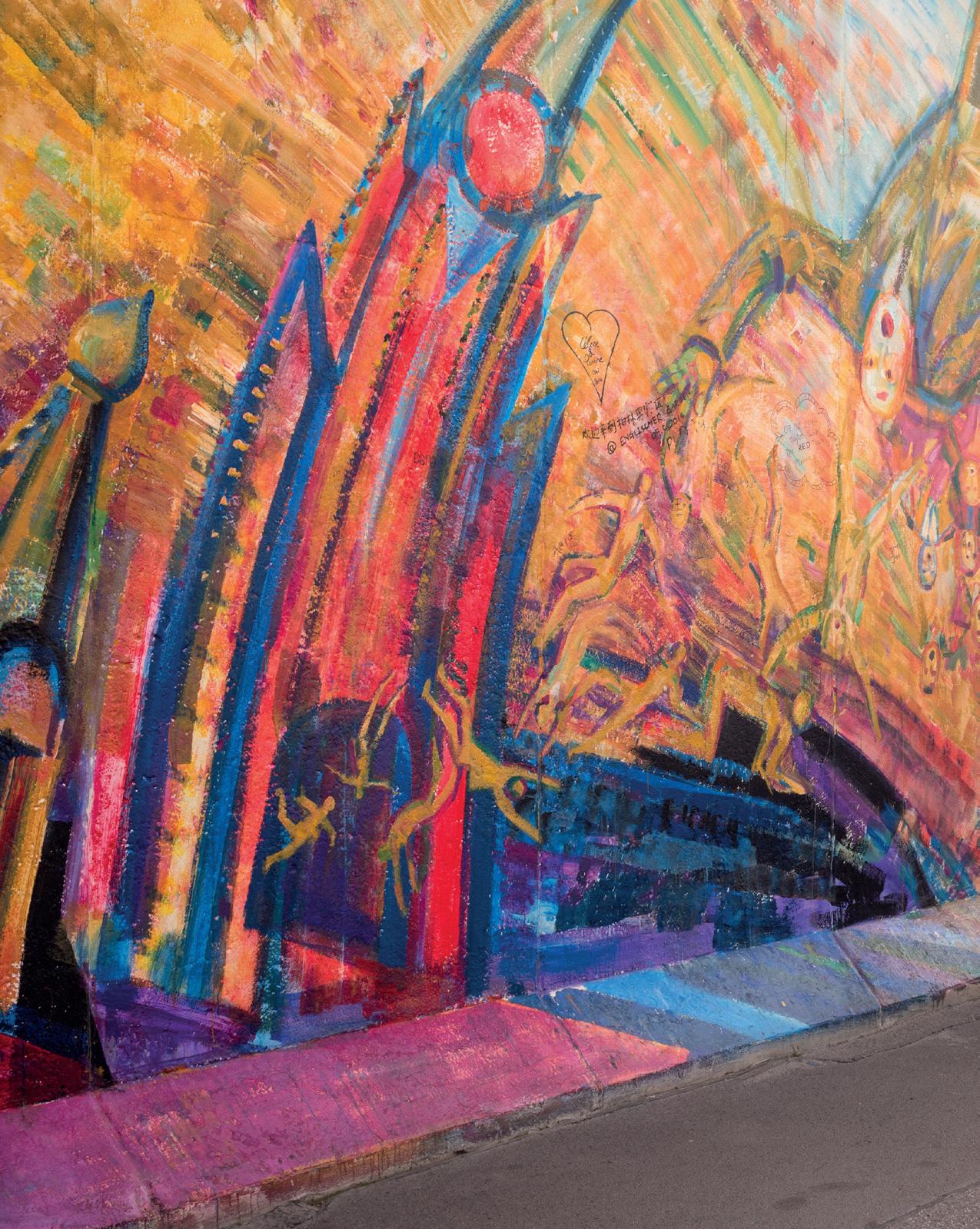
6 minute read
GREEN BERLIN – THE FUTURE OF TOURISM
It’s not a secret that Berlin is one of Europe’s top destinations. While the city is leading in many areas, including the music and fashion industry, the German capital also knows how to reconcile sustainability and tourism in a clever way.

In a time when more and more tourists are travelling the globe, making destinations more prominent and ultimately busier, having a sustainable tourism strategy has become increasingly important for cities. Since the ‘90s, the development of Berlin’s tourism sector has been a major success story. The German capital has become one of the top travel destinations in international city tourism. With tourism spending contributing €11.6 billion to the capital and providing 235,000 full-time jobs, tourism has long been one of the main pillars of the city’s economy. Today, tourism in Berlin is a major influence on the cityscape and urban culture, so much so that this sector is also strategically important for the entire city’s development and the quality of life of its residents.
According to the Global Destination Sustainability Index, in 2022, Berlin was one of the 30 most sustainable destinations in the world and ranked fifth among the world's metropolises. The Index’s aim is to promote the sustainable development of internation- al metropolises and to promote responsible tourism by evaluating four areas: urban environmental strategy and infrastructure, social sustainability performance of the city, support for suppliers such as restaurants, hotels or convention centres, as well as destination management strategies and initiatives.
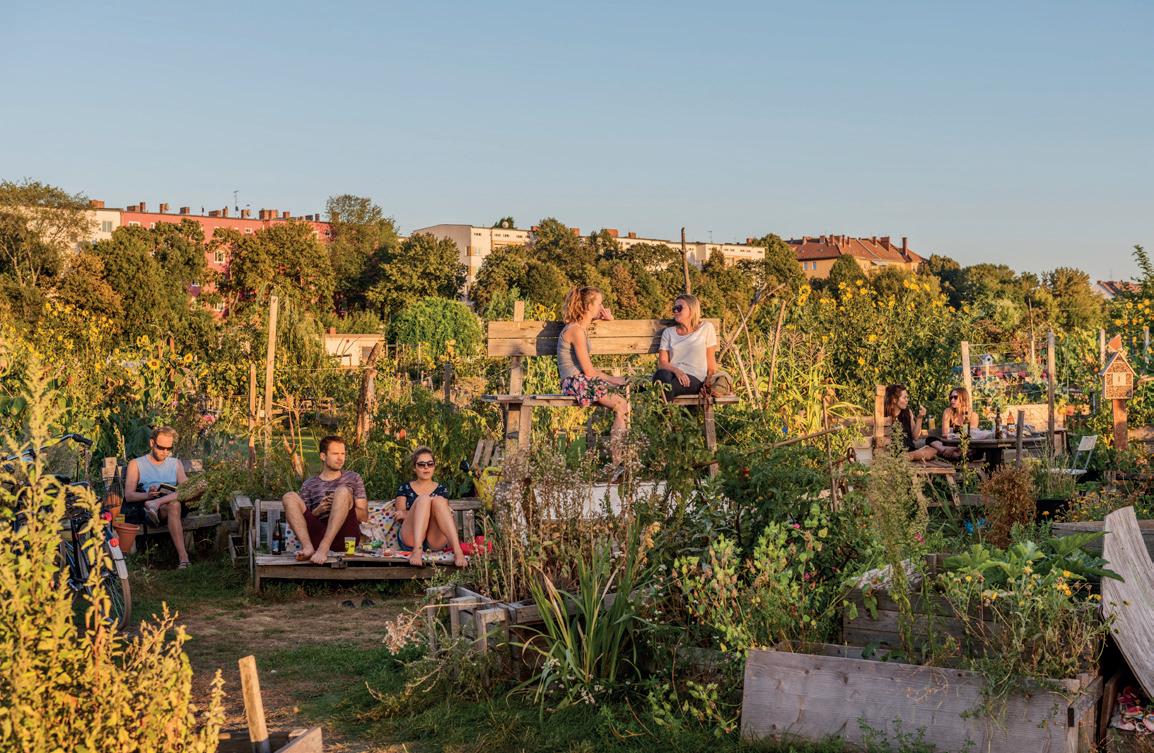
Burkhard Kieker, CEO of visitBerlin, said: "Sustainability is a core concern for Berlin. This year's fifth place in the international sustainability ranking – after metropolises such as Glasgow and Melbourne and almost on a par with Montreal, Paris and Sydney –bears testimony to this. It is well deserved – the ranking shows that Berlin is on the right track and is developing into a climate-friendly, innovative destination worth living in. We are doing everything we can to ensure that Berlin's visitor economy continues to set its course fit for the future."
Overall, 30 top destinations were listed on the Index – and Berlin was again counted among these sustainable destinations, rank- ing 26th out of all participating cities worldwide and achieving an overall performance of 74 per cent. This is an increase of eight percentage points and thus two places in the overall ranking compared to the 2021 ranking. In a year-on-year comparison, the proportion of sustainably certified suppliers in Berlin has improved this year most notably: it is now 34 per cent of Berlin hotels (in 2021 it was 23), 22 per cent of Berlin venues (in 2021 it was 18) and 19 per cent of agencies in the German capital (in 2021 it was 9).
Part Of A Global Sustainability Movement
Since 2020, visitBerlin has been a member of the Global Destination Sustainability Movement (GDSM). The GDSM is a collaborative platform that various destination management organisations have joined. The common goal is to drive the change towards a sustainable tourism and events industry. Berlin also wants to be fit for the future and become one of the most sustainable and city-friendly tourism and MICE destinations in Europe. The sustainability strategy of visitBerlin, the Berlin tourism concept with a more sustainable focus and the promotion of quality tourism, among other things, play a key role in achieving this goal.

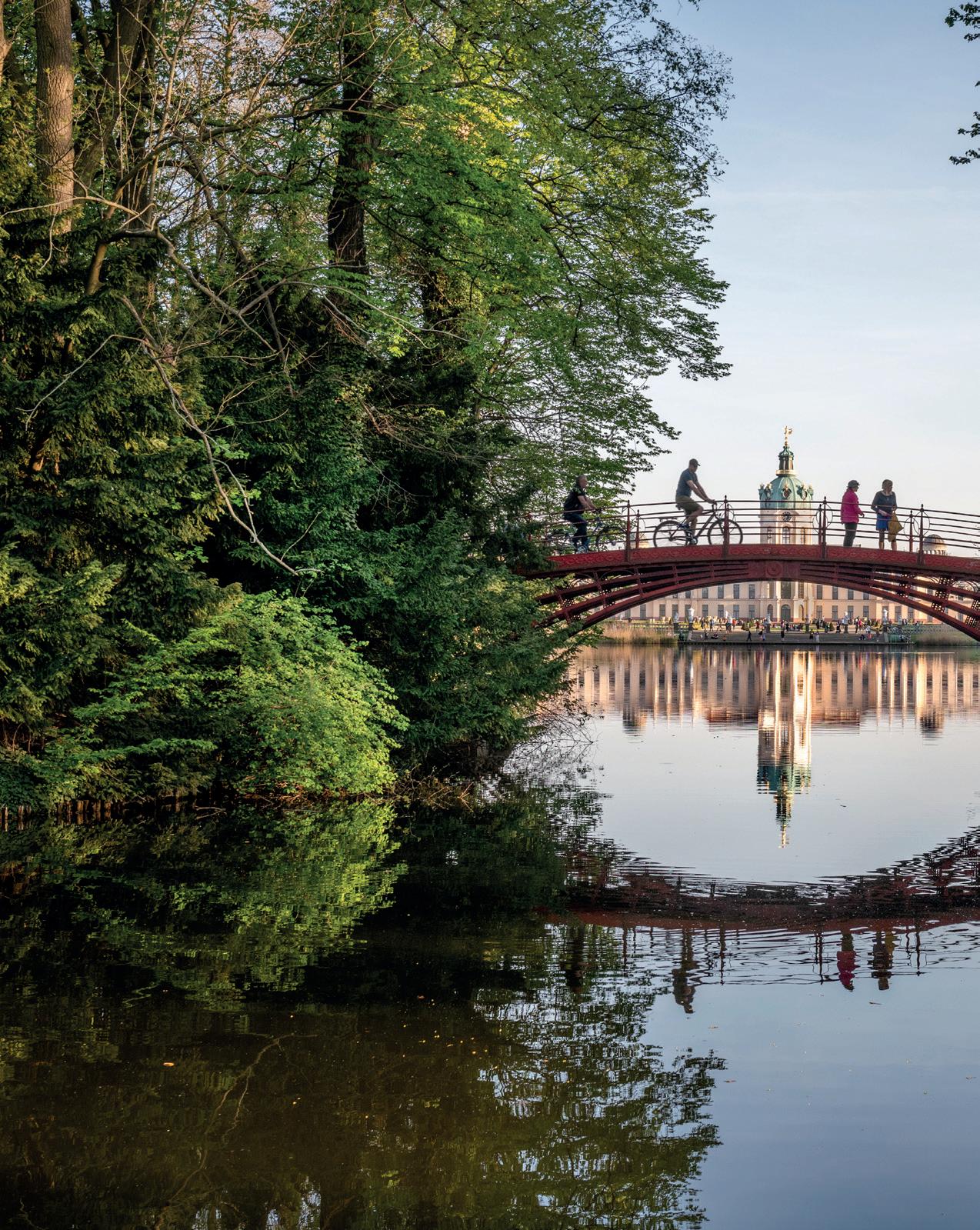
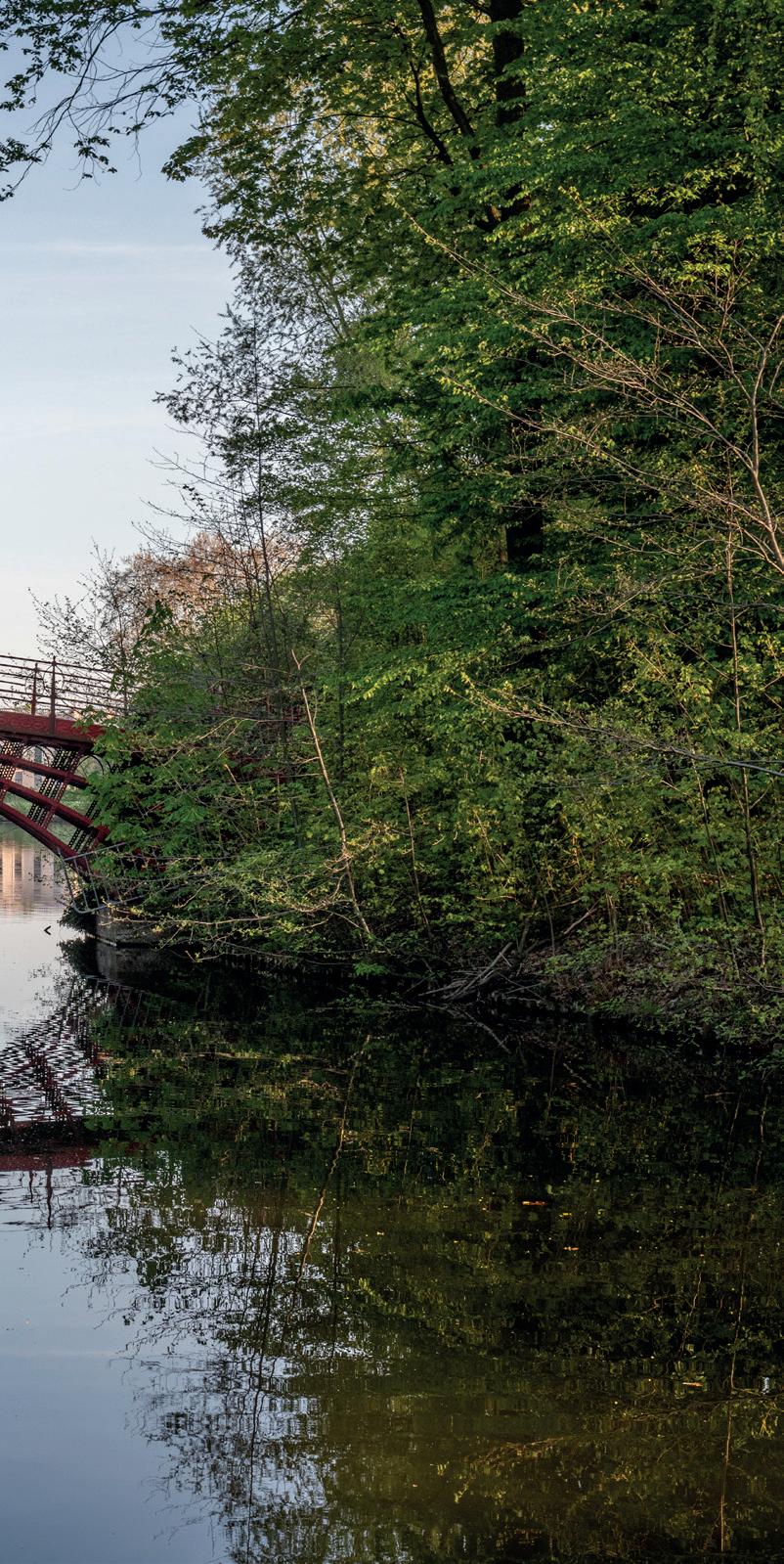
The central question of quality tourism: What contribution can tourism make to the people who live in Berlin? The goal is to increase the quality of life: tourism should increase the social and economic benefits from tourism and minimise the ecological footprint of tourism. Social and ecological benefits arise from good coexistence and enriching encounters between Berliners and guests and from a fair distribution of costs and benefits from tourism. Quality tourism will continue to provide the framework for the targeted destination marketing of Berlin. The so-called ‘Berlin Tourism Plan 2018+’ aims to lay out a roadmap for long-term moderate growth in tourism. In doing so, it is committed both to continuity and change: continuity in brand positioning and marketing for Berlin’s core target groups, and change in the sense of sustainability and city-compatible policies as basic principles in ensuring long-term acceptance and preserving resources.
As part of the plan, the city seeks to preserve the diversity in city districts and neighbourhoods, while taking measures to ensure the interests of residents, businesses and visitors are suitably balanced. Interestingly, four main goals have been communicated. First of all, Berlin needs to become a more attractive and enjoyable experience for visitors. However, this needs to go hand in hand with increasing the quality of life for residents as well. Secondly, Berlin tourism has to be further developed, with the aim of achieving moderate and stable qualitative growth.
Thirdly, a differentiated view of tourism is needed for different urban areas; the special attractions, features and requirements in the individual boroughs need to be clearly elaborated, and then taken as the basis for deriving the requisite measures for developing tourism. Last but not least, sustainability needs to become a maxim for action to ensure Berlin tourism continues to develop in a way that is compatible for the city – economically, ecologically and socially.
The plan puts special emphasis on redefining quality tourism, for example. For Berlin, sustainable growth in tourism stands, first and foremost, for two things: more quality and more value added. To achieve these objectives, the previous emphasis on efforts primarily directed at quantitative growth (more visitors) has to be replaced with goals formulated to foster quality and value added. By implication, this also means that tourism’s influence on sales and incomes will, in future, have to be secured more through enhanced quality and less through quantitative increases.
Another important pillar of the plan is to shape the city’s compatibility together directly with the participation of Berlin’s residents.
They, after all, are the ones creating that Berlin life so much in demand with tourists. The Berliners also use their city’s own tourist services in their leisure time, are directly affected by tourism and know where services and infrastructures can be improved to increase the quality of life and experience. The aim is to permanently integrate this valuable local expertise in developing Berlin’s tourism – and do so, on the one hand, as a source of inspiration for opening up new potential (Berliners as pioneers for new urban tourism) and, on the other, as an early warning system for the first signs of tourist overload.
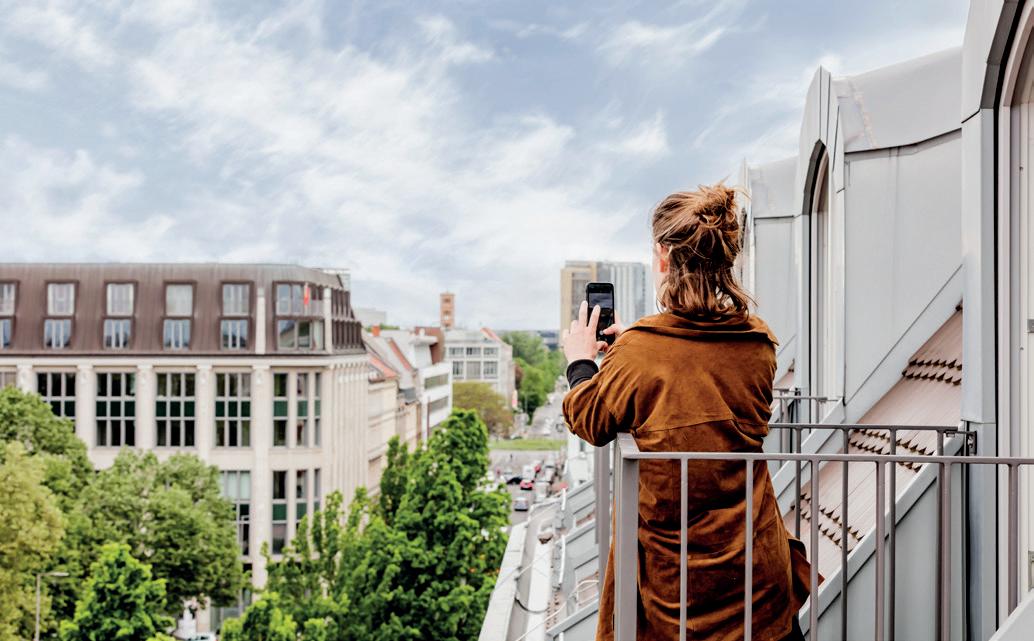
Sustainable Events
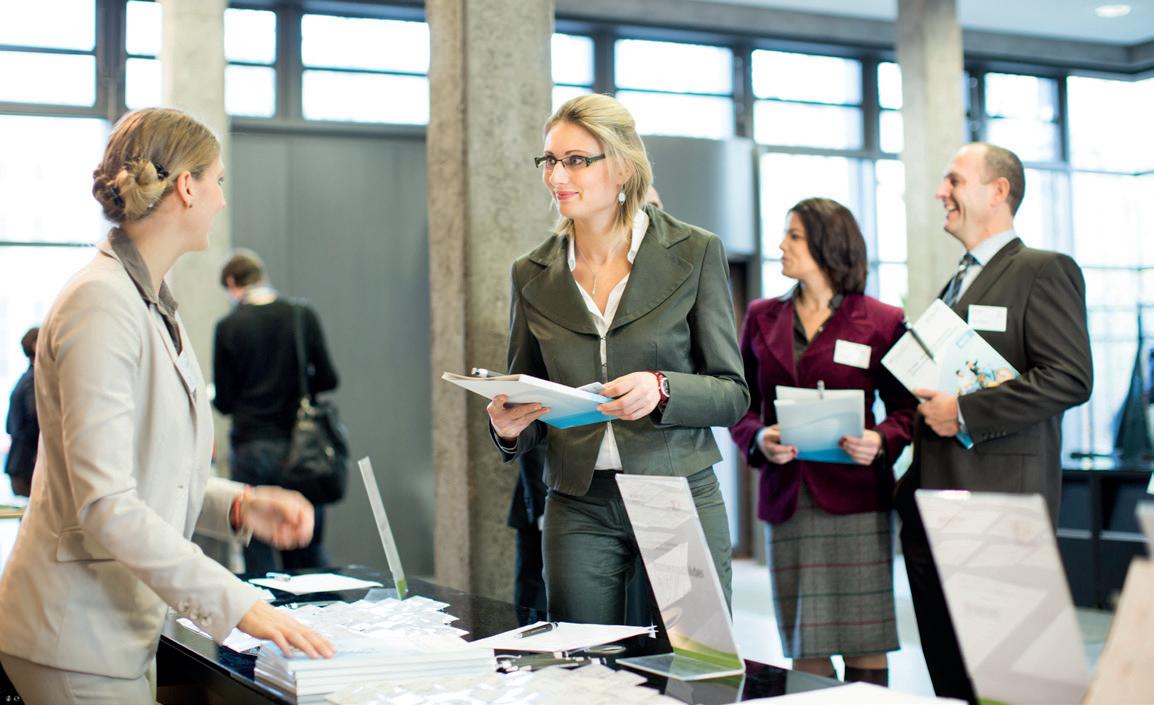
Berlin has also shown how meetings, congresses and events can be planned and implemented in a sustainable manner. And it certainly holds true with the online platform ‘Sustainable Meetings Berlin’, an initiative of the Berlin Convention Office and the Berlin Senate Department for Economic Affairs, Energy and Operations. All MICE partners in the city are welcome to become part of this community. They stand to benefit from free workshops, events and consultations. The Sustainable Partner audit is also free of charge. With these support services, the initiative is sure to move Berlin even further up the ‘Global Destination Sustainability Index’.
What Visitors Can Do
Sustainability is not only trend in Berlin, it has long been part of the Berlin way of life in all its facets. Here you can dine vegetarian and vegan almost everywhere, shop fairly and sustainably and stay in certified organic and eco hotels.
In addition to extensive parks and gardens, open and green spaces, forests and urban gardening projects, you will also find numerous projects in the capital that actively implement climate protection in urban spaces: solar-powered ferry connections, restaurants that send their composted food scraps back to the organic farmer or events like the Greentech Festival. Berlin also demonstrates commitment in the social sphere and has been designated a Fair Trade City. By the way: With the Bahnhit Deal you can travel to Berlin comfortably, cheaply and with a low carbon footprint from every German city. Or if you’d rather, you can also explore Berlin by bike or on foot without leaving a carbon footprint. You can also get around the city sustainably and with low emissions on the public transport network – and with the WelcomeCard you have free travel. In addition, the practical tourist ticket gives you discounts on over 180 attractions. In addition, the practical tourist ticket gives you discounts on over 180 attractions.
With a raft, kayak, SUP board or a solar-powered ferry, you can also discover Berlin sustainably from the water. Get insider tips for Berlin directly on your smartphone with visitBerlin’s digital city guides, the apps ‘Going Local’ and ‘ABOUT Berlin’. They are completely paperless and environmentally friendly, and include directions and maps, as well as audio offers such as the ‘Berlin Unboxed’ podcast.
In the German capital, travellers can find eco hotels with sustainability standards, parks and gardens, gastronomy- and shopping offers, sustainable places or bicycle tours. And the concept of the 15-minute city also opens up exciting new perspectives for sustainable tourism in Berlin: Gastronomic, cultural and shopping highlights are located within a 15-minute walk of a hotel joining in the initiative. This way, Berlin's guests can travel in an environmentally friendly way and at the same time experience the life of the city up close.
Find out more about a sustainable city trip to Berlin: www.visitberlin.de/de










